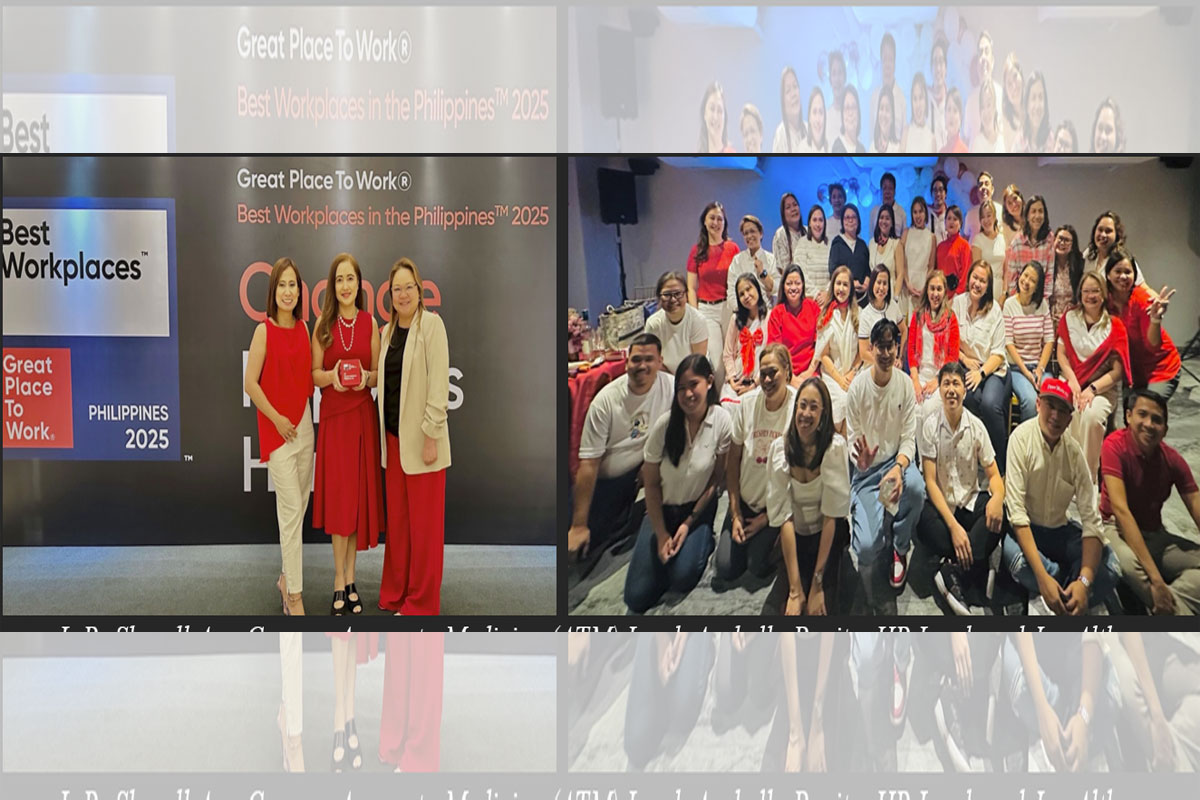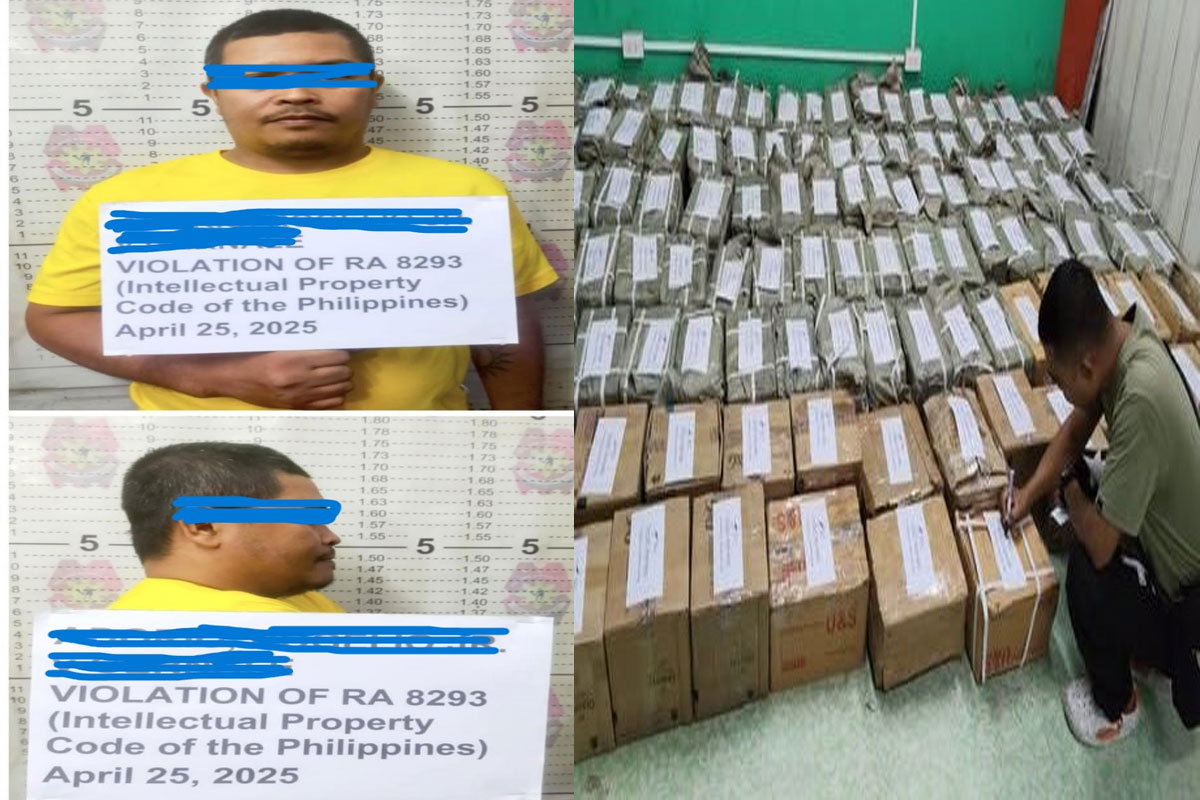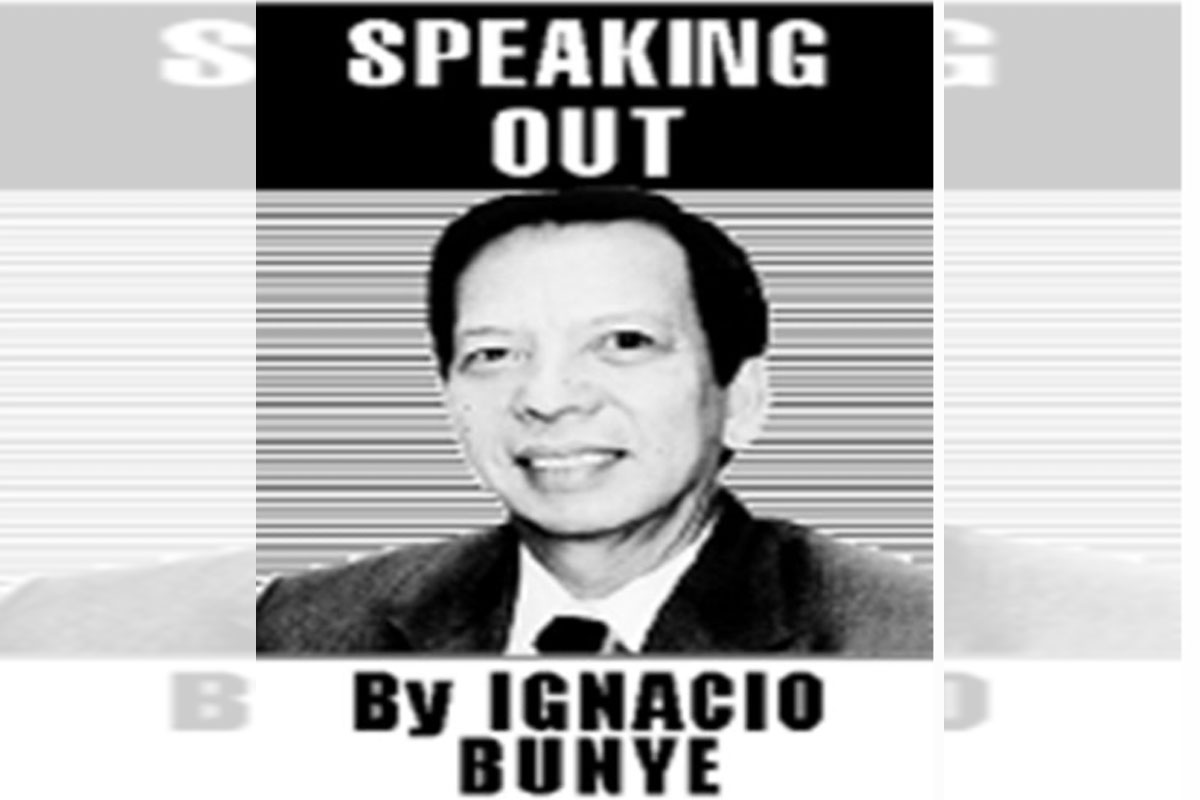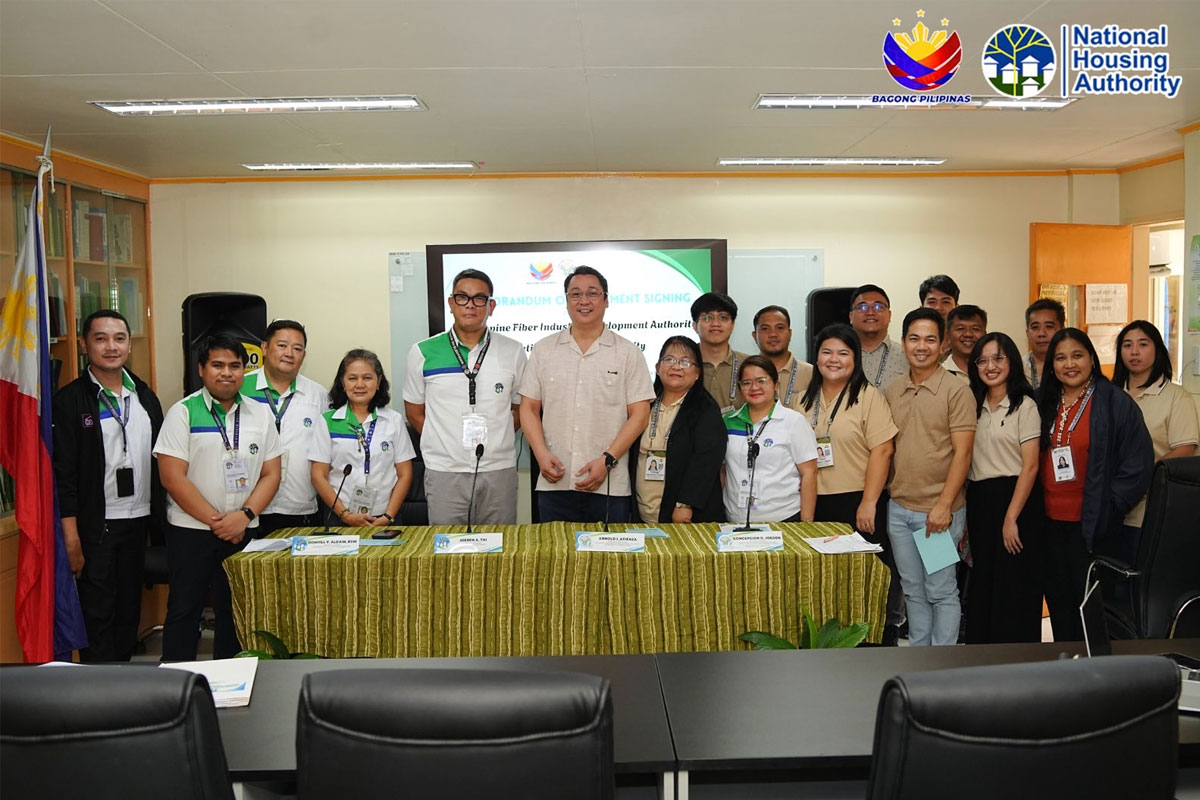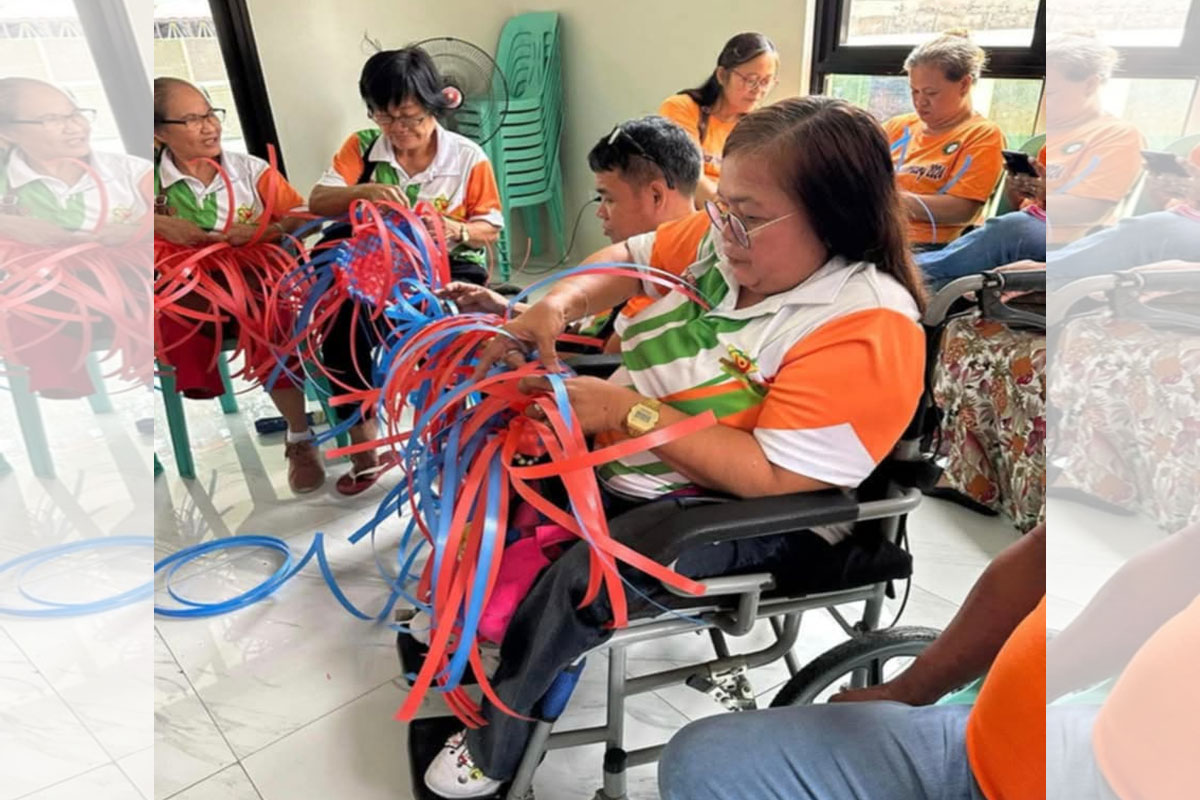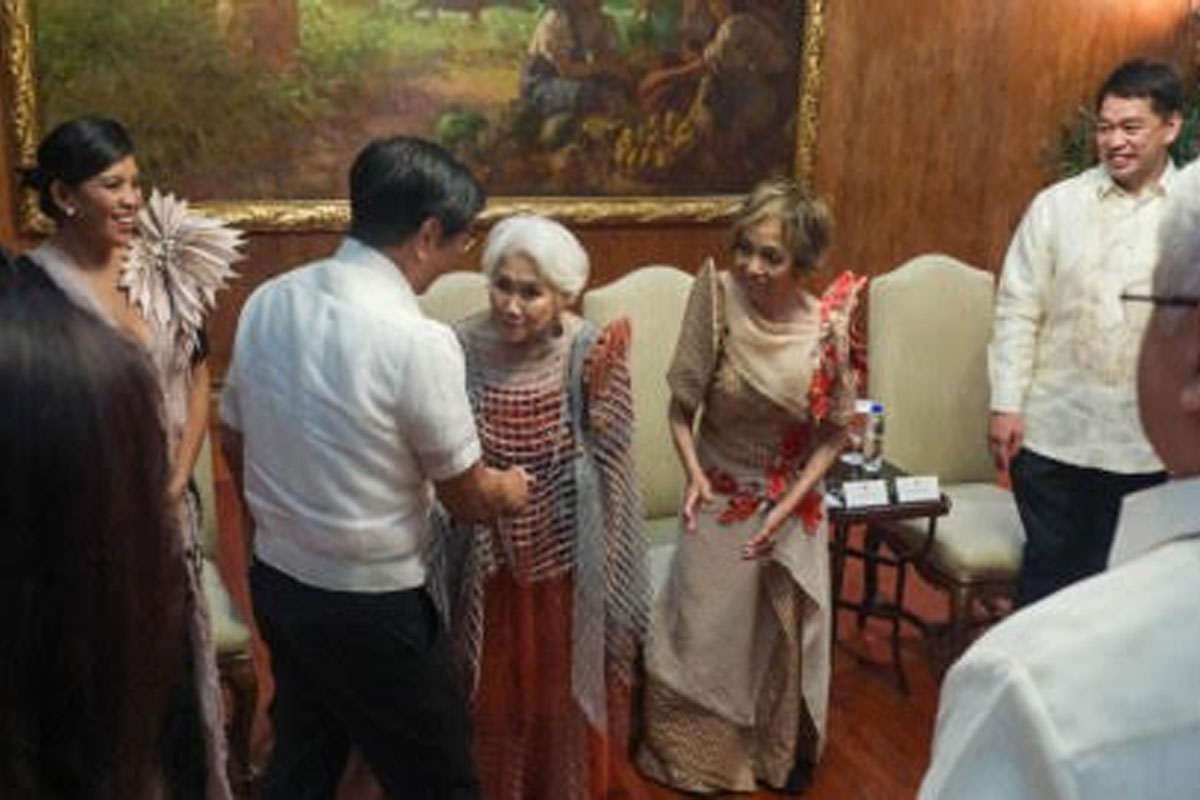
DRAGON’S FIRE
A House leader broached the idea of seeking the help of the diplomatic corps for purposes of preventing, if not stopping, the interference of China in the country’s May 12 senatorial elections.
“Perhaps we may need the help of diplomatic channels in this case after the Senate uncovered the involvement of Beijing in trying to interfere with our own elections, in the hopes of getting a favorable policy in our sovereign country,” House Deputy Majority Leader and Tingog Party-list Rep. Jude Acidre said.
“I don’t think we can ever countenance such practice of hiring our own local companies and our own people to do damage against our very own interests. If China can do this to us, I think it would be an understatement that they can also do this to others,” Acidre, chairman of the House Committee on Overseas Workers Affairs, warned.
Acidre also pointed out that “at the end of the day, and most especially on the crucial election day itself, everything will still boil down to Team Pilipinas versus Team China.”
“Simply put, patriots will be pitted against traitors to our national flag come election day. So, we’re calling on our electorate – the 67 million or so Filipino voters – to please vote only for those candidates who will not sell our national patrimony to any colonial power,” Acidre said.
Jonathan Malaya, assistant director general of the National Security Council, earlier confirmed to the Senate committee led by Senate Majority Leader Francis Tolentino that the Chinese Embassy here in Manila has indeed contracted a local PR firm to help them influence results of the elections.
He admitted before the Tolentino committee that “there are indications that information operations being done in the Philippines are Chinese state-sponsored and are actually interfering in the forthcoming elections.”
“There are third party individuals and proxies based in the Philippines that are used to amplify the narratives coming out of Beijing,” the NSC official related, refusing to name names, but nonetheless admitted that many national and local candidates’ campaigns are bankrolled by China.
“It’s good that we weren’t asked this question earlier during the hearing. If we were asked that question, we would have asked for an executive session,” Malaya told reporters in a chance interview later, confirming speculations about candidates being “funded by China.”
“As you have seen earlier, a cheque was even presented before the committee. So, we have seen that. That’s one of the tricks of the trade. So, it’s perfectly possible that money is involved here,” he said, adding this arrangement has reached an “alarming” level to them.
Tolentino himself, who is seeking re-election on May 12, revealed that the Infinitus PR firm, which he discovered to have been hired and paid by the Chinese Embassy with P930,000 to implement digital trolls and espionage, has a big office in the financial hub of Makati City.
“China’s government through its embassy is paying Filipino troll farms to oppose and smear the Marcos administration,” he said. “Friends treat friends. It is a mockery of the Chinese embassy’s talk of friendship. We cannot turn a blind eye on this.”
The administration lawmaker also disclosed that Beijing is now engaged in MIFI, which stands for “Malign, Influence, Foreign Interference” in the country, and has been conducting hacking operations against vital government facilities among several agencies.
“Their main purpose is not only to influence the discussion, but to directly attack the government and pursue their vision of making the Philippines a province of China. All of these hackings, these are proof that they are intervening directly to our national conversation,” Tolentino declared.
For his part, National Intelligence Coordinating Agency deputy director general Francisco Ashley Acedillo said China’s information warfare aims to “influence public opinion and political discourse on social media.”
“We believe Chinese organs are amplifying a divisive political discourse in our country,” he stressed.





